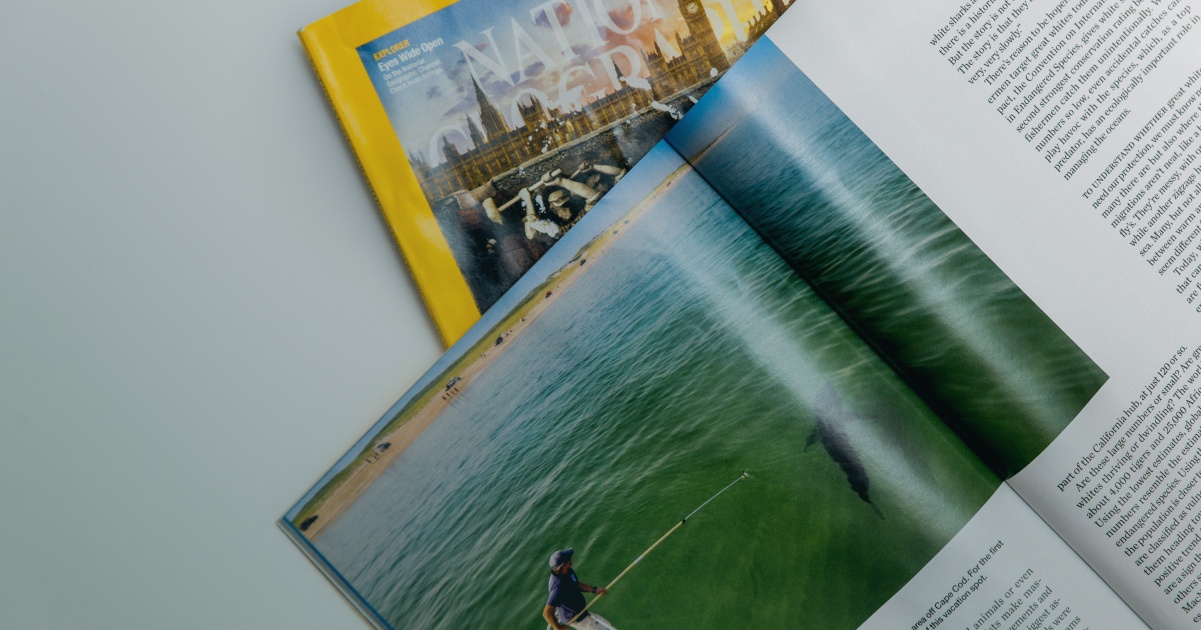
How to Become an Environmental Writer
Becoming an environmental writer is an exciting journey that allows you to combine your passion for the environment with your content writing talent. Whether you’re driven by a love for nature, a desire to combat climate change, or a commitment to sustainability, environmental writing offers a platform from which to make a difference.
In this blog post, we’ll explore what environmental writing entails, what the role of an environmental writer is, and what steps one can take to launch a successful career in this field.
What Is Environmental Writing?
Environmental writing is a niche that focuses on topics related to the natural world and our impact on it. The subject can encompass various topics, including climate change, conservation, wildlife, sustainable living, and environmental policy. Environmental writing aims to inform, educate, and inspire readers to care about and take action on the environment.
Examples of Environmental Writing
- Journalistic Articles: Articles in publications such as National Geographic, Scientific American, and The Guardian’s environment section provide in-depth reporting on environmental issues.
- Books: Lots of books raise public awareness about key environmental issues, such as reducing carbon emissions. Classic works, including Rachel Carson’s Silent Spring, highlight the dangers of pesticides. Contemporary works such as Elizabeth Kolbert’s The Sixth Extinction discuss biodiversity loss; they are seminal texts in environmental literature. Other notable books include A Wild Idea by Jonathan Franklin and A Place of My Own by Michael Pollan.
- Blogs: Blogs such as Treehugger, Grist, and EcoWatch offer accessible, timely updates on environmental news and tips for sustainable living.
- Articles, Essays, and Op-Eds: Environmental writers such as Sandi Schwartz, Cheryl Magyar, and Naomi Klein contribute science-based articles, essays, and opinion pieces to various media outlets, advocating for environmental action and policy changes.
- Communications: Environmental organizations will often publish content such as press releases, reports, and white papers. For instance, the World Wide Fund for Nature regularly publishes press releases, including this one on habitat loss and degradation causing a collapse in migratory fish populations.
- Technical Content: Technical writers in the environmental writing niche will produce instructions, tutorials, and information pages for environmental technologies. For example, this guide describes how to use an energy-saving thermostat.
What Does an Environmental Writer Do?
An environmental writer’s duties vary widely depending on focus and medium. Some writers work for magazines or publishing houses; others take the freelance writing route. In any case, typical responsibilities include the following.
- Research: Writers conduct thorough research to ensure accuracy and depth in their writing. This task may involve reading scientific studies, interviewing experts, and staying current with environmental news.
- Writing and Editing: Writers craft clear, engaging content that communicates complex environmental issues in an accessible manner. This responsibility can include writing articles, blog posts, reports, and books.
- Advocacy: Environmental writers are naturally passionate about the environment. For this reason, they use their platform to advocate for environmental causes, raise awareness, and inspire action among their readers. We recommend finding a specific environmental niche for which to advocate. We’ll discuss identifying a niche later in this blog.
- Collaboration: Environmental writers work with scientists, activists, and other writers to produce well-rounded, impactful content.
How to Become an Environmental Writer
Interested in becoming an environmental writer? Here are some steps to help get you started.
1. Develop a Strong Foundation
Education: Though not always required, a degree in environmental science, journalism, or a related field can help you stand out when you’re applying for environmental writing jobs. Courses in ecology, climate science, and environmental policy will be particularly beneficial.
Writing Skills: Hone your writing skills through practice and study. Consider taking workshops or writing courses to improve your craft.
2. Build Your Knowledge Base
Stay Informed: Keep up to date with environmental news and trends. Follow reputable sources, such as Grist and The Daily Climate. If podcasts are your jam, try Living on Earth or Green Dreamer.
Specialize in a Niche: The environmental world is generic, so you need to identify your niche. Identifying a niche can help you become an expert in your chosen area, which could be anything from reducing carbon emissions to conserving wildlife. What area of environmentalism do you care about the most?
3. Gain Experience
We realize that employers are reluctant to hire those without experience in the environmental industry. However, the following offer ways to gain experience.
Starting a Blog: Create your own blog to start building a portfolio of work. Write regularly about topics that interest you and share your posts on social media.
Freelancing: Pitch articles to magazines, newspapers, and online publications, for example, Mother Earth News, Green Teacher, or One Green Planet. Freelancing can help you gain experience, build a portfolio, and establish connections in the industry.
Volunteering: Offer your writing skills to environmental organizations and nonprofits. Volunteering can provide valuable experience and networking opportunities. Notable options include approaching your local conservation area or volunteering to clean up a park or beach.
4. Network and Promote Yourself
Join Professional Associations: Organizations such as the Society of Environmental Journalists offer resources, networking opportunities, and events for environmental writers.
Attend Conferences and Workshops: Participate in industry events to meet other writers, learn from experts, and stay updated on the latest trends and issues.
We recommend checking out the Orion Environmental Writers’ Workshop. The workshop for 2024 will feature sessions from renowned writers and university faculty. As for conferences, we suggest looking into the International Conference on Environmental Science and Applications. This year’s conference will take place in Portugal; however, participants can attend virtually at a reduced registration fee. Participants will have the opportunity to connect with researchers on various environmental issues – a benefit if you’re looking to find an environmental niche!
Build an Online Presence: Use social media to promote your work, connect with other professionals, and engage with your audience. We recommend following like-minded environmentalists first on Instagram, for example, to see what they share. Doing this can provide insights for content to share on your feed later. If Instagram is your preference, we suggest posting stories and reels because Instagram tends to promote them more than it promotes regular posts. Of course, alternatively, you can network using LinkedIn or even use it to find freelance work.
Becoming A Freelance Writer
Are you interested in learning more about how to become a freelance writer? Consider our comprehensive course, Becoming A Freelance Writer. You’ll learn everything you need to know about launching a successful freelance writing career. You can learn at your own pace, free from looming deadlines, and have access to our tutor support whenever you need it! We offer free lessons for this course.





Your email address will not be published.